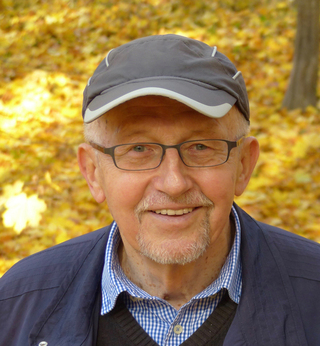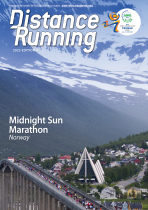Opinion
29 June 2020, 7am UTC
Out of the woods?
After three months of struggling through ‘lockdown’ the ‘Berlin 10km Invitational’ run on 7 June became the first race worldwide since the start of the pandemic to produce internationally relevant times, as women’s winner Alina Reh posted a time of 31:26, the seventh-fastest of the year.
The only other top distance run that has taken place since mid-March was a 5km road race in Stavanger (NOR) where Jakob Ingebrigtsen set a national record of 13:28.
The ‘Berlin 10k Invitational’ was put on by Mark Milde, race director of the Berlin marathon, Christoph Kopp, elite athlete co-ordinator for the Frankfurt marathon and Helmut Winter, who implements lead vehicle time displays for the elite runners in many major international races. To ensure that the current corona rules were observed the organisers did not announce the race in advance. Local media knew nothing about it so there were almost no spectators along the course.
The race was in southeast Berlin on a completely flat asphalt forest road. Eight men and seven women (with pacemakers) started. The men set off two minutes ahead of the women and the individual starting positions were fixed so that there was a 2m distance between the runners.
After watching the event ‘Return of the Road Run’ Horst Milde, Chairman of German Road Races (HM), gave the following interview to Jörg Wenig (JW) of race-service-news.com:
JW: When you watched the race you must have been reminded of past times – like 50 years ago…
HM: Yes, but you would have to compare it with much earlier times because we didn’t have such small starting fields even 50 years ago. But the general conditions: the race on a forest road, and the few spectators – did remind us of our early days in the 60s and 70s. It was a bit like the start of running races on Sundays. While on the one hand a lot was kept very simple on the other technology was used that is usually found only in large international marathon races.
JW: How important can this small race be for German and also international running?
HM: It was a breakthrough. It was like a redemption for everyone involved and a demo that emboldens. This event showed that something is possible if you have the courage to approach the appropriate places for approval, then implement the concept and organise it in an exemplary manner for everyone. I’ve heard only positive things from athletes and coaches. Everyone hopes that there will be more races. They are very important for top runners to get into position with regard to the Olympic Games. If we don’t do anything there is a risk that at some point nobody will be interested any more.
JW: Do you think there will be running events in the second half of the year? And what could they look like?
HM: I think there will definitely be elite races, nationally and internationally. Perhaps larger runs will be possible again from September if they can be organised according to a similar scheme as the Berlin race. In Switzerland, South Tyrol and Austria there are already some events in the summer, including the traditional Swiss Alpine Marathon. Whether larger runs are possible in Germany depends on the requirements of public health authorities. Current rules on hygiene are not feasible for large road races. I expect the first major races to take place abroad again but that we will have to wait a while in Germany for this.
JW: When you see big demonstrations and crowds of people in shopping streets doesn’t it seem disproportionate if running events are not allowed?
HM: Yes. There are demonstrations with five-digit numbers and most people do not even have a mask; minimum distances are not observed. Small and medium-sized running events as well as elite races should be able to take place. As the steeplechaser Gesa Krause put it: 22 soccer players can fight for the ball with physical contact, but ten runners are not allowed to run in a row on the track? Where is the logic, why shouldn’t there be such races?
JW: The German Athletics Federation has cancelled all road racing championships for 2020 due to the corona crisis. Could German Road Races take the initiative and turn suitable races into national GRR championships?
HM: I hope that the last word has not yet been spoken, because it cannot be that way. It would be a disgrace if we in Germany would not be able to organise these championships elite-only fields. The Austrians and Swiss are way ahead of us. Championships cannot just be cancelled. That would be digging our own grave. German Road Races are not organisers but if it goes that way I could imagine that we would discuss and support such an idea.






